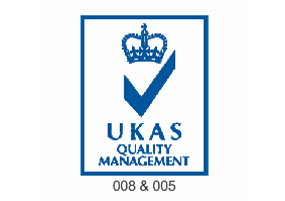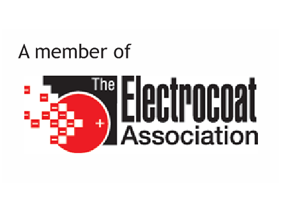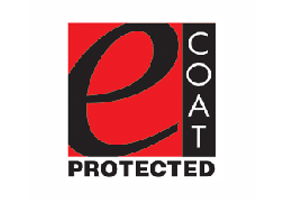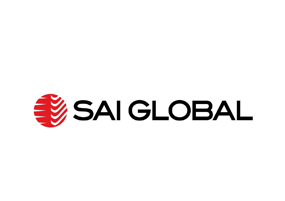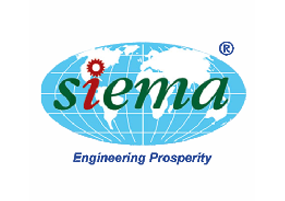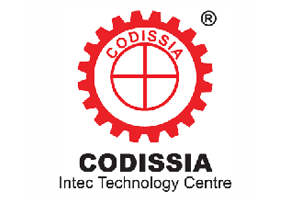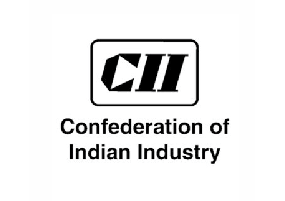JJ Coatings, a pioneer in industrial coating has always been in the forefront in bringing new coating technologies in Coimbatore to the fast-growing industrial requirements.
For over a longer period, the primary functions of coatings are to protect and decorate substrates. With the recent advancement happened in the research and development, as well as commercialisation, of coatings which have novel functions in addition to having traditional protection and decoration properties. These coatings are often referred to as functional coatings. These classes of coatings generally provide significant added value. In general, they provide their function in three distinct zones: at the interface of the coating and air, in the bulk of the coating, and at the interface of coating and substrate. While the list of functional coatings is long, examples of some of the commercial and most recognisable functional coatings are antifouling, antimicrobial, colour shifting, conductive, easy-clean, photo- and thermochromic, self-healing and superhydrophobic coatings.
JJ Coating is equipped with the state of art coating facility with the best-in-class equipment to provide fast and effective functional coatings for our customers.
Xylan is a fluoropolymer-based industrial coating, most used in non-stick cookware. The generic term for Teflon, Xylan or Halar is fluoroplastic coating. Under this term, there are different types of materials with different properties: PTFE, PFA, FEP, ETFE and ECTFE. It is applied in a thin film to the target material to improve its durability and non-stick properties. Xylan coatings are made from wear-resistant composites of fluoropolymers such as PTFE (Polytetrafluoroethylene), PFA (Perfluoro alkoxy alkane), and FEP (Fluorinated ethylene propylene), along with reinforcing binder resins. They can be used in environments with temperatures up to and over 550 F.
Halar is typically used as an industrial coating. This means that it is applied to other products to give them protection and make them more durable. In particular, it is used to coat products that may be exposed to high amounts of friction, because Halar will minimize the amount of wear that the products suffer. The coating find their application in a variety of products, Bearings, Cams, Valve seats, Wire and Cable.
Perfluoro Alkoxy (PFA) industrial coatings (Teflon) melt and flow during baking to provide nonporous films. These multi-coat systems provide higher continuous use temperatures (260 °C [500 °F]), have a high dielectric strength, and are considered tougher than PTFE or FEP. PFA (perfluoroalkoxy) is a tough, flexible fluoropolymer that is used for flexible tubing and fluid processing equipment when chemical resistance, high purity, and low stiffness are required.
A silicone roof coating system is a single layer (applied in one or two coats) of silicone that's rolled or sprayed on as a liquid to fill in cracks, blisters, and seams. The process does not improve the insulation or underlying system, but it does add an extra layer of protection from the elements.
Hard coat anodizing is a proven electrochemical process that transforms a plain metal surface into an engaging exterior that provides both advanced corrosion-resistance and durability. The aluminium hard coating process is ideal for transforming the surfaces of aluminium and all other types of nonferrous metals. The notable difference between anodized and hard anodized is the thickness. Hard anodized aluminium is thicker than standard anodized, which gives the surface of hard anodized aluminium part higher abrasion resistance. It also has a more uniform surface than regular anodized aluminium.

